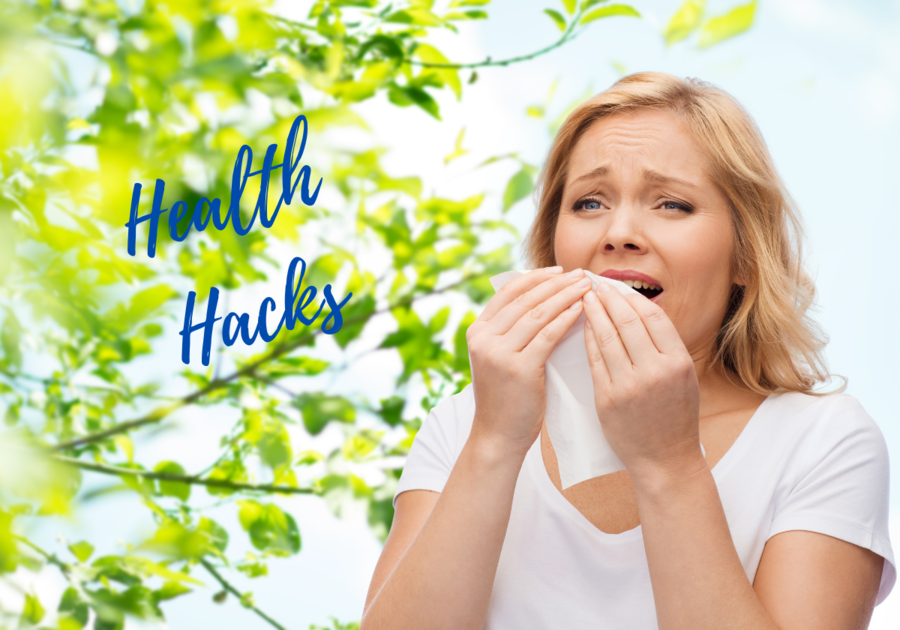The birds are chirping, the flowers are blooming, spring is here, and so is the pollen…I am sure some of your internal allergy radars are already experiencing the wrath of our current pollen count. As of the day this article is being written, the current pollen count is “medium-high” in Lafayette and my sinuses are acutely aware. If you are ever curious about the pollen count in your area, there is a pretty cool tool that will give you the pollen count by location at https://www.pollen.com/map/la.
But enough about the pollen count and more about how to keep the effects of pollen under control! With the exception of allergy medications, there is a two pronged approach you can take including purging your home and body of allergens and adding a few dietary additions that help to reduce histamine production…the little boogers that are responsible for most of your ah-ah-choos.
Purging starts with removing any potential carriers of pollen that might enter the house including shoes and clothes. You should also wash your hands and face once you come inside the house. Encourage kids to do the same! Although a morning shower might help some of us to jump start our day, showering before bed is best for allergy sufferers. This way you don’t take the pollen to bed with you. Speaking of bedding, it should be washed a minimum of once a week in HOT water (130 degrees) or dry cleaned if the label calls for it. Finally, when it comes to purging, dedicate approximately 10 minutes a day to dusting and vacuuming…use a damp sponge for dusting because dry cloths can stir up dust and make sure to use a HEPA filter when vacuuming.
The simplest dietary change you can make to keep histamine production low is staying hydrated because dehydration prompts histamine release, which helps preserve water that is already in the body. Adding local honey to your diet can also be helpful because it contains pollen spores from your local area and when ingested it builds a natural immunity, ultimately decreasing histamine production by limiting the body’s immune response. Remember, though, honey is not recommended for children under 2 years of age. You may not be able to get your kids to try the next two dietary changes, but if you are an allergy sufferer, consider adding green tea and wasabi to your diet. Green tea has natural antihistamines that can combat the body’s immune response and wasabi has natural anti-inflammatory properties, which can result in decreased histamine production…not to mention it easily opens up your nasal passages. So next time you’re at a sushi restaurant, feel free to go crazy with the wasabi and treat yourself to a bowl of green tea ice cream!
Until Next Time!

About Christy:
I am a board-certified family and emergency nurse practitioner who loves to dabble in all things health!I have been blessed with the opportunity to teach and share my knowledge with future nurse practitioners through my faculty position at UL Lafayette. My husband, who is a board-certified emergency medicine physician, and I, also own a medical spa, Serenity MedAestehtics, in Youngsville. This gives us an opportunity to see the happier side of health and wellness. I have three wonderful children, two teenage boys, and one adorable and very spoiled toddler – also known as “the princess.” I love being able to share serious and not-so-serious health hacks with family, friends, and now, all of you!
Macaroni Kid can make it super easy for you to find your family fun all year long. Receive a local calendar of family-friendly events each Thursday evening when you SUBSCRIBE FOR FREE!
You'll be glad you did ... and so will your kids!
For even more fun, find us on Facebook, Twitter, and Instagram



